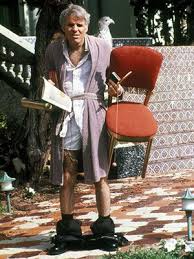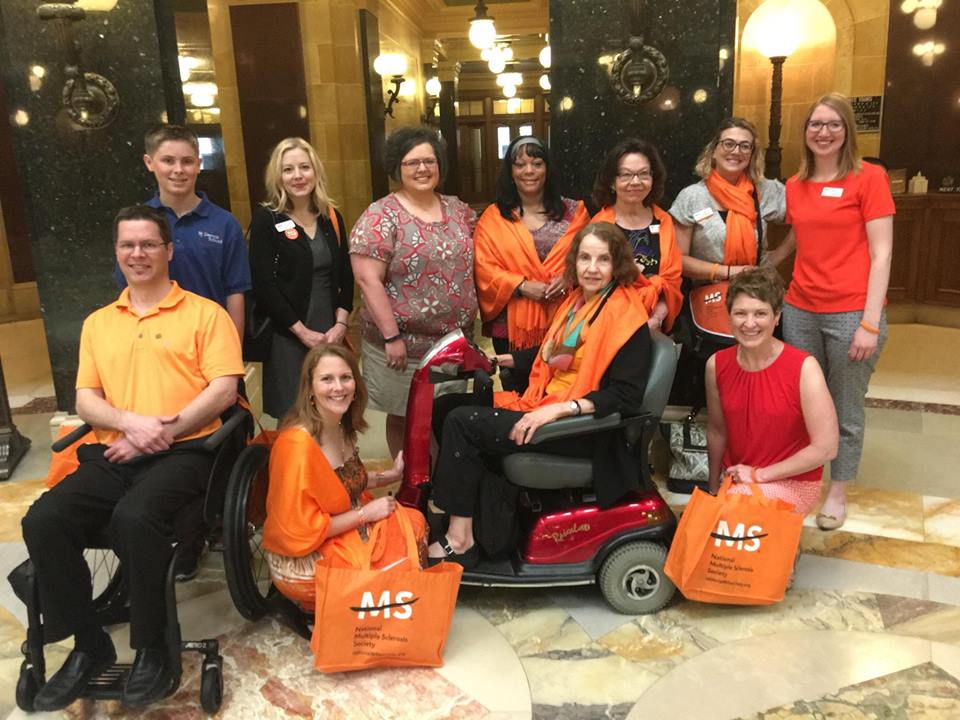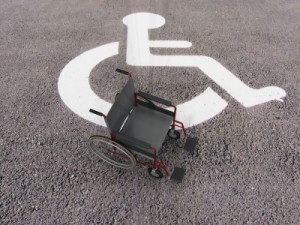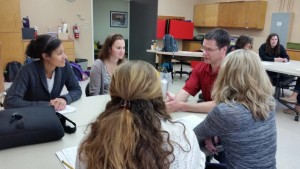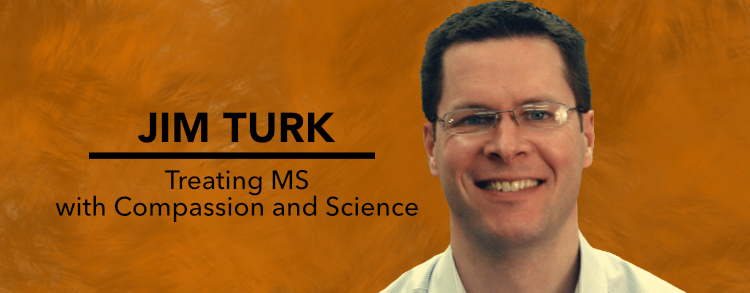
Here’s a profile I wrote for the Congressionally Directed Medical Research Program. I was part of a group that reviewed research grant applications back in December and they wanted to do a profile on me. https://cdmrp.army.mil
And here’s the article:

I was always a give-it-everything-you’ve-got and burn-the-candle-at-both-ends kind of guy. I was running marathons, playing in a band, working full time, going to graduate school earning a master’s degree in biotechnology, and keeping up with my duties as a husband and father of two boys when I couldn’t ignore my symptoms anymore. I had, after all, been misdiagnosed a few times and didn’t want to look like a hypochondriac. But, collapsing while coaching my son’s tee-ball team was the final straw.
I talked to my doctor and after briefly exploring the possibility of a cardiovascular problem, I had an MRI and it was confirmed that I had lesions on my brain that were consistent with Multiple Sclerosis.
How could that be, I wondered. A guy that seemed in great shape, climbing the ladder of success, and only 37 years old?
After the requisite period of panic, I enrolled in a clinical trial. In my career, I was heavy into research so it seemed logical. By coincidence, my neurologist was looking for volunteers for a clinical trial.
The trial was pretty unconventional ‒ it involved my swallowing parasite eggs! In the past, I had always been advocating for research and figured that people might not want to volunteer for something that sounded so gruesome, so I figured it was time to put up or shut up.
I decided early on that I would use my research background and natural rapport by spreading the word about clinical trials. About how important enrollment is, even when the treatment doesn’t work. I’d had a lot of experience in clinical research through my work, as well as graduate school, and now I had the perfect icebreaker!
I contacted the MS Society and started traveling around to different support groups delivering my message. Then the Wisconsin chapter of the MS Society asked me to teach a class on the subject at an “MS Summit.”
I became more involved with the MS Society and was soon doing news pieces for MS events. I was also getting a lot of press for the clinical trial. This included BBC Future, the Wall Street Journal, and NPR.
The Foundation for Biomedical Research even did a documentary about my life with MS and I was featured in an issue of Wisconsin’s MS Connection magazine.
As I did more work with the MS Society as a district Activist Leader (DAL) and member of the Government Relations Advisory Committee (GRAC), I learned about the MSRP and the possibility of helping to review research proposals. It seemed like a great fit since I’d had to quit my research administration job (which involved reviewing research) at the University of Wisconsin-Madison due to the progression of my disease. Being a consumer reviewer was an intimidating prospect but it turned out to be an incredible experience. My review was always thoughtfully considered and treated like any of the other expert reviews. I got to know several of the panel members personally and I really felt I was part of an important process.
At this point, I spend my time volunteering as a member of the GRAC and DAL groups, reviewing research for the MSRP, co-chairing my local Walk MS committee, and doing group drum therapy at various group homes. I have traded my running shoes for a wheelchair but I do what I can to improve the lives of those around me.

Jim Turk












